Scientists Say
A weekly word defined, in a sentence and in context.
-
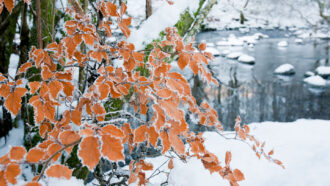 Plants
PlantsScientists Say: Marcescence
Autumn turns to winter, yet some trees' dead leaves keep hanging on.
-
 Materials Science
Materials ScienceScientists Say: 2-D Material
Two-dimensional materials such as graphene could improve electronics, carbon capture and more.
-
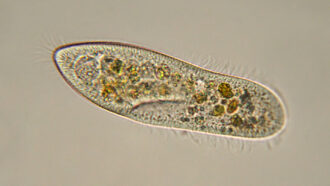 Life
LifeScientists Say: Protist
Unified by a few key traits, these diverse organisms come in all shapes and sizes.
-
 Physics
PhysicsScientists Say: Polarized light
Sunlight, lamplight and other lights are usually unpolarized. But passing light waves through filters can ‘polarize’ them.
-
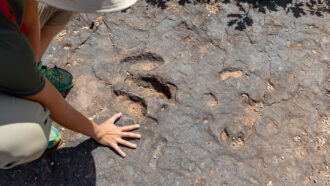 Life
LifeScientists Say: Ichnology
This field of science looks to understand life — past and present — by studying how organisms altered their surroundings.
-
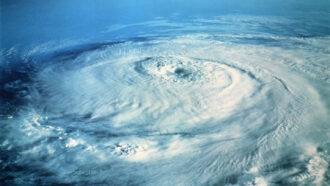 Physics
PhysicsScientists Say: Coriolis Effect
Because Earth spins, airborne objects traveling far and fast — such as airplanes — experience deflections in their motion.
-
 Health & Medicine
Health & MedicineScientists Say: Calorie
These little units help us measure energy transfer in chemistry, nutrition and beyond.
-
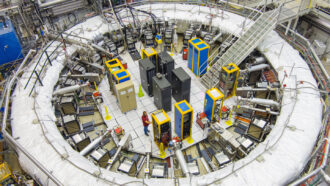 Physics
PhysicsScientists Say: Muon
Tracking muons raining down on Earth can reveal new details of pyramids, volcanoes and thunderstorms.
-
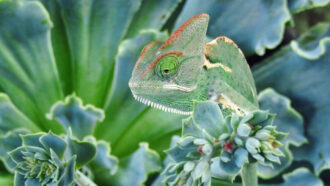 Animals
AnimalsScientists Say: Camouflage
Plants and animals alike hide in plain sight using this sneaky strategy.
-
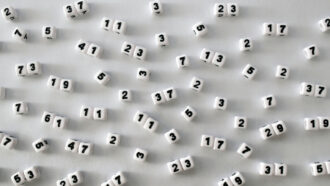 Math
MathScientists Say: Prime number
Prime numbers’ unique quality — being divisible only by themselves and one — makes them useful for encrypting secret information.
-
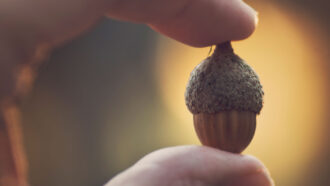 Plants
PlantsScientists Say: Fertilize
This word describes both a stage of sexual reproduction and the agricultural practice of adding nutrients to soil.
-
 Brain
BrainScientists Say: Deep brain stimulation
Through wires implanted in a person’s brain, this medical treatment can help treat various conditions.